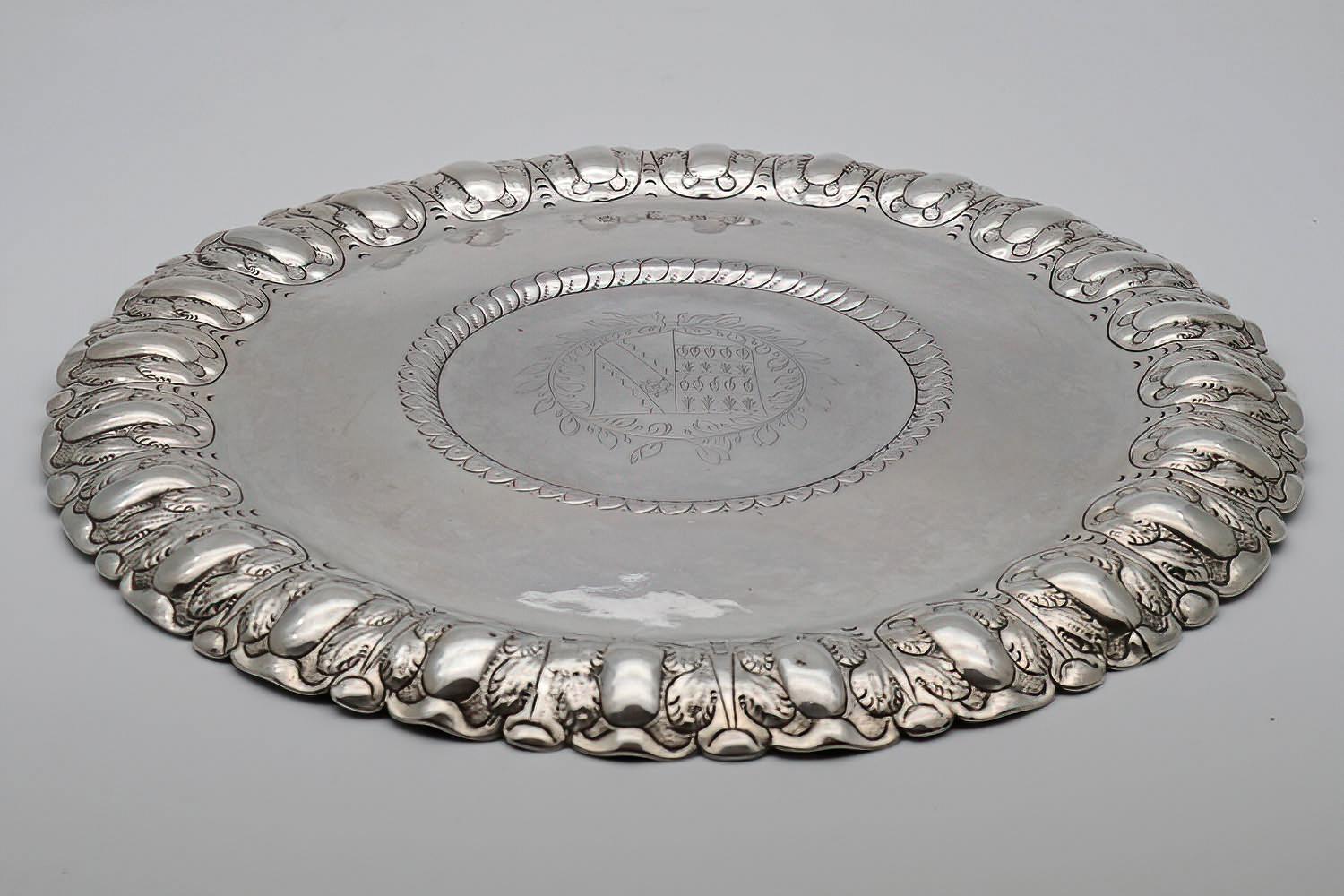Directory and moreAll AntiquesFurnitureSilverArtJewellerySalvageClocksMirrorsChairsGlassCeramicsDirectory and moreBedsBookcasesCabinetsChairsChest of DrawersCupboardsDesksDressersDressing TablesSideboardsStoolsTablesWardrobesBasketsBowlsBoxesCandlesticksCard HoldersCoastersCoffee PotsCondimentsCutleryDecanter LabelsDishesSpoonsVasesCityscape ArtContemporary ArtDrawingsEaselsLandscape ArtMarinescape ArtMiniaturesOil PaintingsPastelPortraitsSeascape ArtStill LifeWatercoloursAntique Bracelets & BanglesBroochesCufflinksDiamond RingsEarringsEngagement & Wedding RingsJewellery BoxesLocketsNecklacesPendantsRingsSets - Demi ParureSolitaire RingsBathsChimneysColumnsDoor Handles / Door Stops / Door KnockersDoorsFireplacesFlooringIndustrial antiquesLocks / KeysReclaimed & Industrial LightingReclamationWindowsBracket ClocksCarriage ClocksClock SetsCuckoo ClocksDial ClocksFusee ClocksGrandfather ClocksLongcase ClocksMantel ClocksPocket WatchesSkeleton ClocksWall ClocksWatchesConvex MirrorsDressing MirrorsDressing Table MirrorsFrench MirrorsGilt MirrorsLarge MirrorsOval MirrorsOvermantle MirrorsPier MirrorsSwing MirrorsToilet MirrorsVictorian MirrorsWall MirrorsArmchairsClub ChairsCorner ChairsCountry ChairsDesk ChairsDining ChairsHall ChairsKitchen ChairsLibrary ChairsOffice ChairsPair of ChairsRocking ChairsWing ChairsAntique Drinking GlassesChampagne GlassesDecantersEpergnesGlass BowlsGlass CruetGlass DishesGlass InkwellGlass JugsGlass SculpturesGlass VasesScent BottlesTantalusAnimal FigurinesBlue and WhiteBowlsChargersChinaCoffee Pots & SetsDinner ServiceDishesFigurinesJugsTea Pots and SetsVases (Ceramic)Business DirectoryLoveAntiques DealersHome & LivingBlogMaterialsPeriodsArtisansOriginsGifts For HimGifts For Her

Antiques in Oxford
Antiques in Oxford
Antiques in Oxford have over forty years of experience in the antique trade and we've been online for six years. We offer a personal service to clients, both those who wish to buy something special and to those who are looking to sell. We can easily visit you in the South East. We have three retail outlets, one in Hungerford, one in Wallingford and one in North Oxford. Our stock is changing all the time. You will find new items of silver, jewellery and collectibles every month. Do contact us as not everything is on sale online.
We also do valuations either by visiting you or virtual viewings online via Zoom or similar
Address
9
Oxford
Oxfordshire
United Kingdom
OX2 9HD
Mobile
+447786 394242
LoveAntiques Dealersince Jun 2020Approved item168 sales by dealerFree Delivery
Extremely Rare Commonwealth Sterling Silver Porringer Stand or Salver, London 1656
REF: 343168 / LA322222
£7,950
€9,050
$10,608
Secure Payments By
LoveAntiques Dealersince Jun 2020Approved item168 sales by dealerFree Delivery
Description
An extremely rare Commonwealth sterling silver porringer stand or salver, London 1656 mark of Daniel Rutty (b. 1628, free 1650, d. before Jan 1676), likely from the workshop of Arthur Manwaring (free 1643, d.1678)
Circular with scalloped rim and embossed decoration of repeating stylised leaf-like forms heightened with flat chasing and repeating crescent-shaped punchwork. The centre has a recessed section bordered with repeating flat-chased leaf-like forms, engraved with a contemporaneous coat of arms surrounded by a laurel wreath. Foot deficient. Fully marked to the edge, also with scratch weight 20=5 to the underside.
Diameter 28.2cm (11in). Weight 513gm
The arms are for Elmes impaling Clarke
For Thomas Elmes (c.1591-1664) and Ann Clark (d.1686), they were married circa April 5th 1621, Thomas was the son of Thomas Elmes of Lilford Hall (d.1632) and his wife Christian Hickling (1563-1635). Thomas inherited the manor of Wormington, Northamptonshire from his father. Anne was the daughter of Richard (or Robert) Clarke, of Forde, near Wrotham in the County of Kent. This coat of arms is found upon their monument within the Parish Church of St Mary the Virgin, Warmington, Co. Northamptonshire, published: An Inventory of the Historical Monuments in the County of Northamptonshire, Volume 6, Architectural Monuments in North Northamptonshire, Her Majesty's Stationery Office, London, 1984. It is important to note that on the arms for Clarke the engraver has mistakenly engraved a rose rather than a cinquefoil and has placed this on a bend indented whereas it should have as blazoned ‘a bend engrailed’ only.
A porringer stand of almost identical form, save for minor differences to the internal flat chased border but also bearing the distinctive repeating crescent-shaped punch work to the rim, of 33.6 cm diameter and marked for 1657 by Arthur Manwaring with its accompanying porringer was sold Sotheby’s London, 2 June 1977 Lot 247 (£8,800). Another porringer stand at 28.6cm with its accompanying porringer of 1655 marked for Manwaring was sold at Christie’s Geneva 14 Nov 1972 ($18,155) (illustrated Mitchel 2017, page 225), this example too is of extremely similar form and bears the distinctive crescent-shaped punch work to the stand and to the lid of the porringer. This 1655 porringer and stand are described by Michael Clayton as “one of the most important pieces made during the Commonwealth period.”
There are about five examples of these commonwealth porringer stands. (This item came from a family collection who were unsure if their father inherited it or bought it many decades ago) This example is not in any published texts as far as we can see.
declaration
Antiques in Oxford has clarified that the Extremely Rare Commonwealth Sterling Silver Porringer Stand or Salver, London 1656 (LA322222) is genuinely of the period declared with the date/period of manufacture being 1656
condition
The foot has been removed professionally to a very high standard and leaves no trace of rough solder underneath. The engraving is crisp, as are the marks. There are several areas of old repairs to the rim. A 1.5cm split and a smaller split. The preservation of the chasing and embossing is rather good.
additional info
Period:
Category:
Material:
Origin:
Date of Manufacture:
1656
location
This Extremely Rare Commonwealth Sterling Silver Porringer Stand or Salver, London 1656 is located in Oxfordshire, United Kingdom
Share:
A selection of items from Antiques in Oxford
Antiques in Oxford has 416 items available.Antiques in Oxford
Lalique Frosted Glass Perfume Bottle with Freddie Mercury Provenance
£ 350
€398
$467
Antiques in Oxford
Loetz Vase in Green Iridescent Finish Crete Rusticana c.1900
£ 250
€285
$334
Antiques in Oxford
Norwegian Silver Blue Enamel Necklace Einar Modahl
£ 460
€524
$614
Antiques in Oxford
Victorian Novelty Silver Posy Holder
£ 950
€1,081
$1,268
Antiques in Oxford
Victorian Scent Bottle & Vinaigrette - Sampson Mordan
£ 850
€968
$1,134
Antiques in Oxford
Edwardian Yellow Sapphire and Diamond Cluster Ring
£ 3,500
€3,984
$4,670



